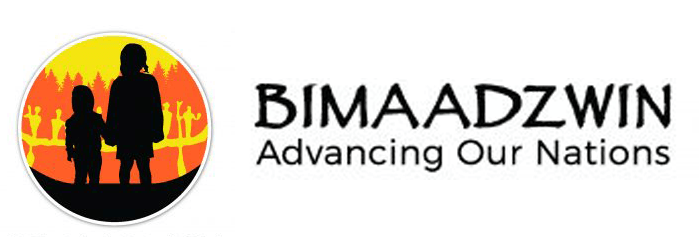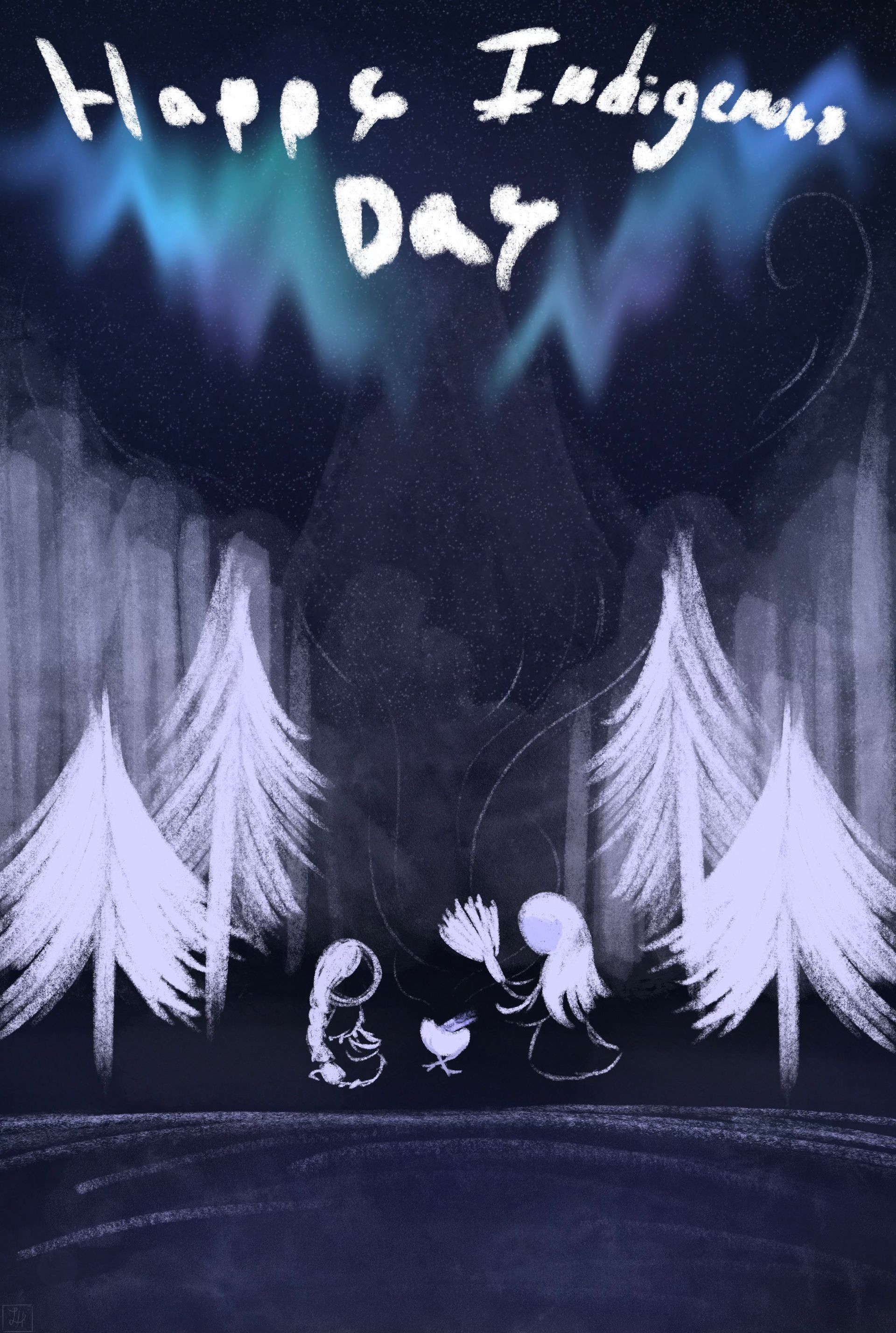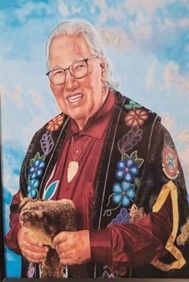Bimaadzwin News
Presentations
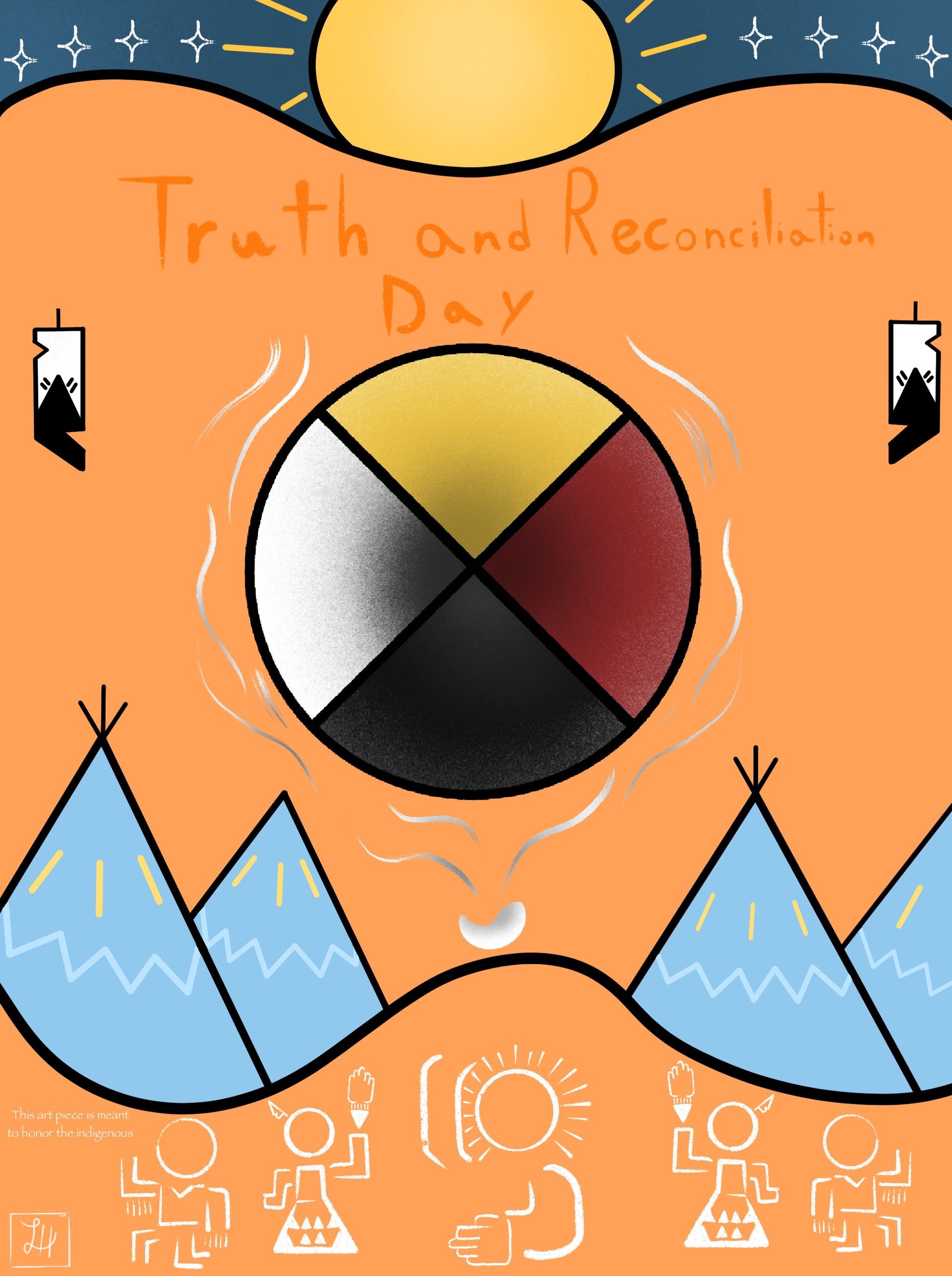
A moment of remembrance, a call to healing: September 30, 2025 This National Day for Truth and Reconciliation, also known as Orange Shirt Day, invites all Canadians to pause, remember, learn, and act in solidarity with Indigenous survivors, families, and communities affected by the residential school system. It is a day of solemn commemoration and a powerful reminder that Every Child Matters. Why this day matters Established in 2013 through a survivor’s heart-wrenching story, Orange Shirt Day symbolizes not only the tangible losses of identity, culture, language, and dignity, but also the enduring resilience of Indigenous peoples. In 2021, this movement became Canada’s National Day for Truth and Reconciliation—a federal statutory holiday born out of Call to Action 80, reflecting the nation’s commitment to facing an uncomfortable past and working toward repair. Looking ahead: September 30, 2025 As we approach the 5th statutory observance of this deeply significant day and the 13th Orange Shirt Day, it’s an opportunity to engage in collective truth-telling and healing. Across the country, communities, educational institutions, organizations, and individuals will come together—raising the Survivors’ Flag, honouring stories, hosting walks, sharing teachings, and wearing orange in unity. Bimaadzwin’s reflection and commitment At Bimaadzwin, we stand with Indigenous families in their pursuit of justice, healing, and equity. As we observe this day, we remind ourselves that commemoration must be interwoven with lasting action—through supporting survivors, empowering communities, and advancing systemic transformation. Isadore Day, CEO, Bimaadzwin shares: “We stand with First Nations families and communities in seeking justice and healing for the harms caused by discriminatory systems. This day is an opportunity to honour the resilience of our children and their futures—because every child truly matters.” This sentiment echoes Bimaadzwin’s broader work—advocating for the rights of children and families and supporting claims under the First Nations Child and Family Services and Jordan’s Principle settlement, which offers a concrete pathway toward healing. How you can honour Every Child Matters Wear orange to show unwavering support and remembrance. Attend or host community commemorations —from walks and ceremonies to flag raisings. Engage in learning —understand the legacy of residential schools, the 94 Calls to Action, and how reconciliation can be enacted. Support grassroots and Indigenous-led initiatives , including the Orange Shirt Society’s vital education and advocacy work. On September 30, 2025, as we honour the children who never returned home and, with them, the enduring strength of survivors and their communities, let us also affirm our responsibility—to uphold that Every Child Matters not just in name, but in lasting, equitable action and care. Together, may we continue walking the path of truth, healing, and reconciliation—one step, one story, one child at a time.
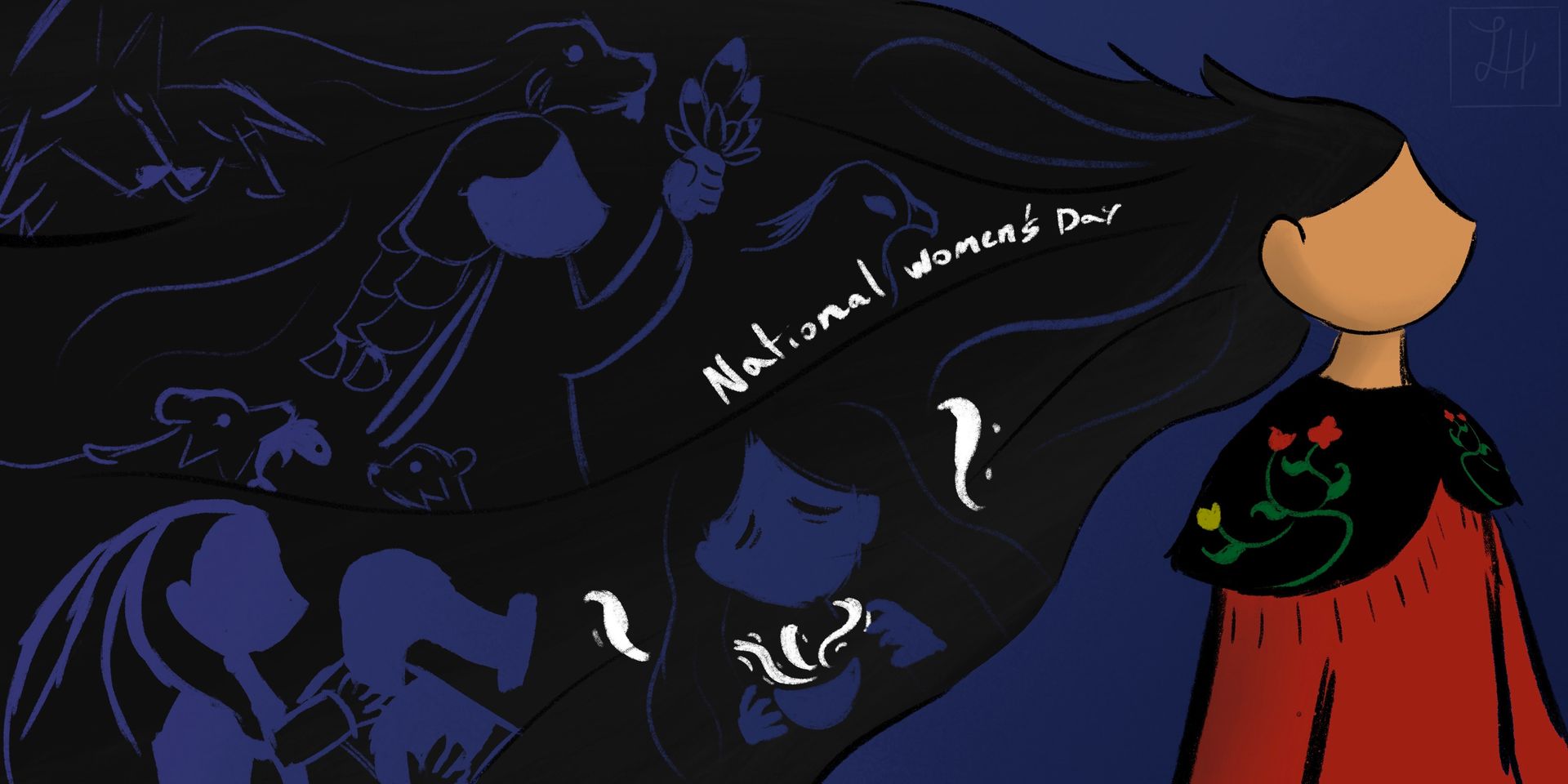
Every year on March 8th, International Women’s Day (IWD) provides a time for reflection, celebration, and action. It is a day to recognize the achievements of women worldwide while also acknowledging the continued struggles for equality, justice, and empowerment. For Indigenous women and girls in Canada, this day holds particular significance, as it sheds light on their resilience, leadership, and the urgent need to address the challenges they face. Honouring Strength and Leadership Indigenous women have always been at the heart of their communities, serving as leaders, caregivers, knowledge keepers, and warriors for justice. Across Turtle Island, Indigenous women have upheld traditions, protected the land, and nurtured the spirits of future generations. Their strength is evident in their roles as Elders, educators, artists, and advocates who continue to push for positive change. Today, Indigenous women are leading movements for environmental protection, human rights, and cultural revitalization. Indigenous women are leaders who are key to reclaiming traditional governance systems, advancing language preservation, and strengthening Indigenous economies. Their voices and leadership are crucial to building a future that respects Indigenous knowledge and self-determination. Recognizing the Challenges While International Women’s Day is a time of celebration, it is also a day to acknowledge the systemic barriers Indigenous women continue to face. In Canada, Indigenous women and girls experience higher rates of violence, poverty, and discrimination compared to non-Indigenous women. The crisis of Missing and Murdered Indigenous Women and Girls (MMIWG) continues as an urgent issue, highlighting the ongoing impacts of colonialism and the need for meaningful action. The National Inquiry into MMIWG (2019) called for immediate responses to address the root causes of this violence, including systemic racism, gender-based violence, and economic marginalization. Yet, years later, many of these Calls for Justice remain unmet. On IWD, it is essential to amplify Indigenous women’s voices and demand concrete steps toward justice, safety, and healing. Celebrating Indigenous Women’s Contributions Despite all of these challenges, Indigenous women continue to inspire change. They are creating new opportunities for future generations. Their contributions to literature, film, politics, business, and activism are shaping a more just and inclusive society. International Women’s Day is an opportunity to support and uplift Indigenous women’s work. Whether it’s purchasing from Indigenous women-owned businesses, engaging with Indigenous-led initiatives, or educating oneself on Indigenous histories and perspectives , every action contributes to reconciliation and empowerment. Moving Forward with Respect and Action As we celebrate International Women’s Day , let us recognize the unique experiences and contributions of Indigenous women and girls. Their resilience and leadership are essential to creating a more just world—one where Indigenous women are safe, respected, and valued. To truly honour this day, we must commit to listening, learning, and acting in support of Indigenous women. That means advocating for policies that protect Indigenous women’s rights, addressing gender-based violence, and ensuring Indigenous women have the space and resources to thrive . This March 8th let us together not just celebrate women—let’s stand with Indigenous women, acknowledge their voices, and work toward a future of equality, respect, and justice for all.
Message from Bimaadzwin CEO, Isadore Day
At Bimaadzwin, we stand with First Nations families and communities in seeking justice and healing for the harms caused by discriminatory systems. The First Nations Child and Family Services and Jordan’s Principle Settlement is an important step forward in addressing the historic inequities that have deeply impacted our children and families. As we look toward the opening of the Claims Period in 2025, this is a time for preparation and reflection. It is an opportunity to acknowledge the strength of our people and the importance of ensuring every child and family receives the compensation and supports they deserve. We encourage all eligible Class Members to access the resources available and take the steps needed to prepare for the Claims Process. Together, we can move forward in our shared journey of healing, equity, and reconciliation. Isadore Day CEO, Bimaadzwin Settlement Update: Claims Process for First Nations Child and Family Services and Jordan’s Principle Settlement Class Members of the First Nations Child and Family Services and Jordan’s Principle Settlement will be able to submit their claims for compensation beginning March 10, 2025 . Who Can Submit Claims in the First Period? The initial Claims Period will open for two of the nine Classes included in the Settlement: Removed Child Class : First Nations individuals who were removed from their homes as children between April 1, 1991, and March 31, 2022 , while living on reserve or in the Yukon, and placed into care funded by Indigenous Services Canada. Removed Child Family Class : The caregiving parents or caregiving grandparents of these children. Compensation will not be available until the Claims Period opens. At that time, Class Members will need to submit a Claim Form to the Settlement Administrator to begin the process. Key Deadlines for Submitting Claims Adults (Age of Majority as of March 10, 2025) : Have three years from the Claims Period opening date to submit their claims. Minors (under the Age of Majority as of March 10, 2025) : Will have three years from the date they reach the Age of Majority to submit their claims. How to Prepare for the Claims Period David Sterns, Class Counsel and partner at Sotos LLP, advises Class Members to begin preparing now for the Claims Period by ensuring they have: Government-Issued Identification : Verify your ID is up-to-date. A Reliable Mailing Address : For correspondence related to your claim. A Bank Account : Ensure it is in your name so compensation can be deposited directly. Free Resources and Support Class Members will not need to pay anyone to help submit their claims or receive compensation. Several free resources will be available: Contact Centre : Open now at 1-833-852-0755 (Monday to Friday, 8 a.m. to 8 p.m. ET, excluding statutory holidays). This service will expand when the Claims Period opens. Claims Helpers : Available once the Claims Period begins, they will provide one-on-one support in completing Claim Forms virtually or in-person where available. They can also connect Class Members with local services and wellness resources. Online Information : Visit the First Nations Child and Family Services and Jordan’s Principle website for updates and detailed guidance. Mental Health and Crisis Support Acknowledging the emotional impact of this process, Class Members can access 24/7 mental health and crisis support through: Hope for Wellness Helpline : Call 1-855-242-3310 or visit the Hope for Wellness website. Services are available in English, French, Cree, and Ojibway upon request. Kids Help Phone : Youth can call 1-800-668-6868 or text FIRSTNATIONS to 686868 for support. Looking Ahead The First Nations Child and Family Services and Jordan’s Principle Settlement is more than a legal agreement—it is an acknowledgment of the harm done to First Nations children and families and a commitment to repair and rebuild. For those planning to submit claims, preparation is key. Begin now by gathering documents and verifying your information. Support is available every step of the way to ensure the process is as smooth as possible. For further questions, Class Members can contact the Settlement Administrator at 1-833-852-0755 or visit the official website for updates. For First Nations Leadership if Bimaadzwin can assist in this effort for your community members please contact us at https://www.bimaadzwin.ca/contact or call (705) 849-8796.
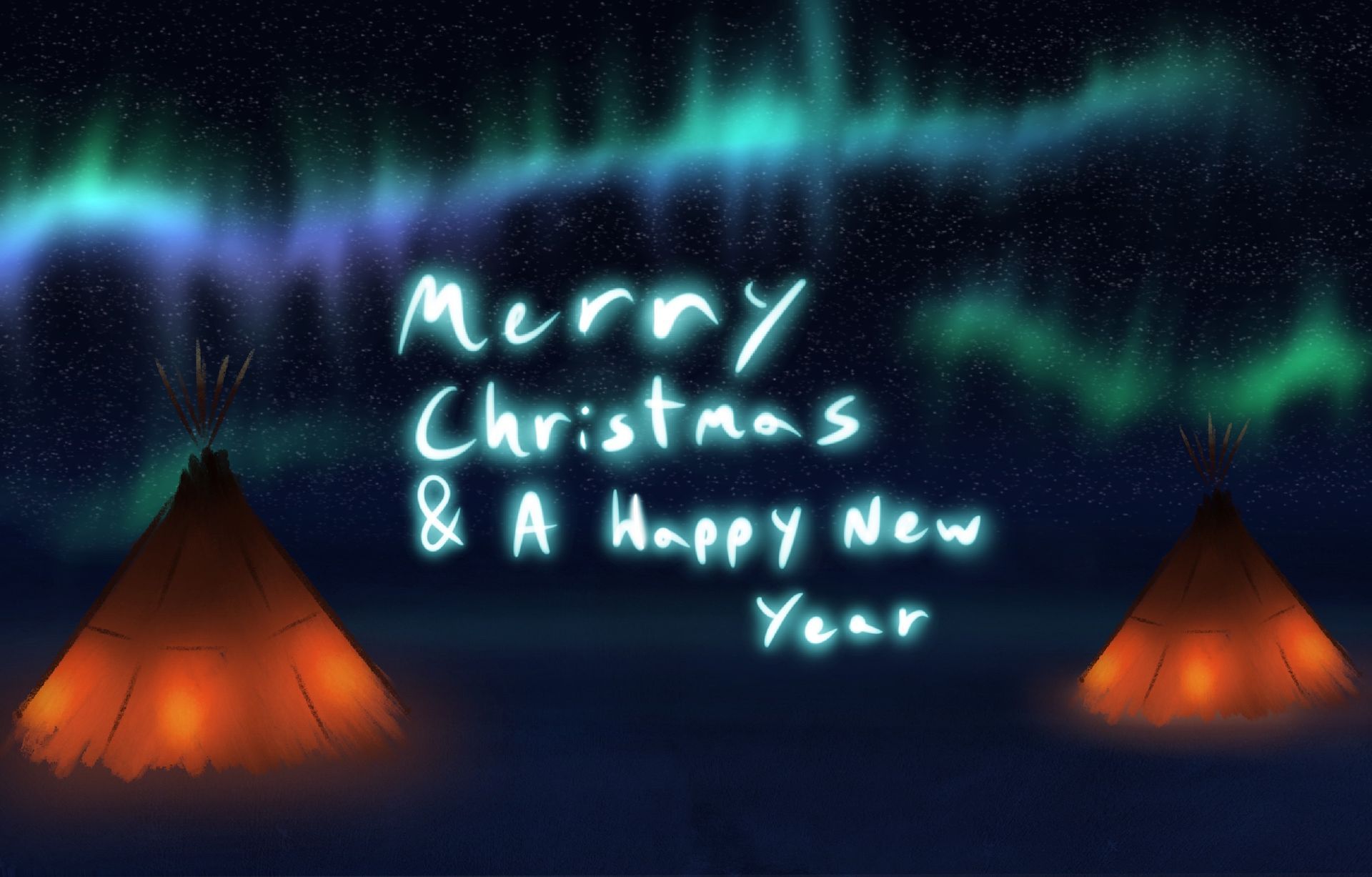
As the winter season blankets the land in its quiet beauty, we take this time to pause, reflect, and give thanks. From all of us at Bimaadzwin, we send warm wishes to you and your loved ones for a joyful and peaceful holiday season. In this season of gathering, let us honour the teachings of our ancestors—of sharing, kindness, and caring for one another. Like the warmth of the fire in the lodge or the stories shared under the winter moon, may your days be filled with connection, laughter, and peace. We are grateful for the relationships, partnerships, and communities that have carried us throughout this year. Together, we continue walking a path rooted in balance, respect, and unity, guided by the teachings of the land and the strength of our shared purpose. As we prepare to enter a new year, let us carry forward the gifts of this season—the gift of love, the gift of kinship, and the gift of renewal. May we continue to walk in a good way, honouring the spirit of our ancestors and lifting one another up, today and always. From our team to yours, Merry Christmas, Happy Holidays, and a Season of Good Medicine to All. The Bimaadzwin Team
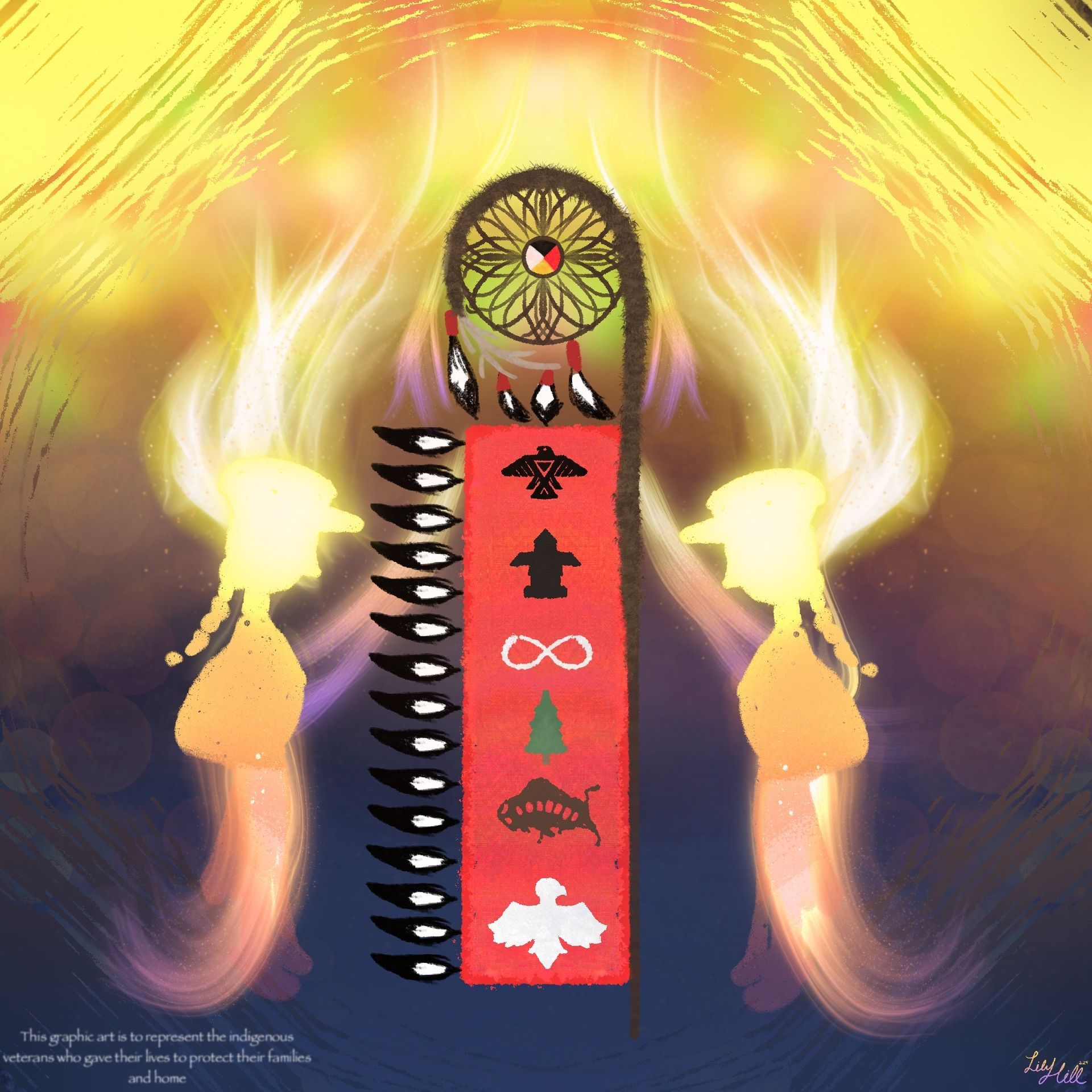
A Message from the Bimaadzwin Team As we gather to remember and honour those who served in defence of this land, we take a special moment to reflect on the Indigenous men and women who wore and continue to wear the uniform of the Canadian Armed Forces. Indigenous Remembrance Day offers us a vital opportunity to pay tribute to their bravery, to remember the sacrifices made, and to acknowledge the long journey toward recognition and healing. For generations, Indigenous peoples in Canada have served with distinction in conflicts around the world, including both World Wars, the Korean War, peacekeeping missions, and, more recently, operations in Afghanistan. Valor and Sacrifice on the Battlefield Indigenous soldiers served in all major branches of the military—army, navy, and air force—and were deployed to several critical fronts, including the European and Pacific theaters. Their unique skills in survival, navigation, and stealth proved invaluable in challenging terrains, and their knowledge of diverse languages facilitated communication across units. Many Indigenous soldiers, such as sniper Thomas George Prince, gained notable recognition for their heroism. Prince, of Ojibwe heritage from Manitoba, completed many high-risk missions in Nazi-occupied France and Italy, earning multiple awards for his valor. Despite all of their heroic contributions, regretfully, Indigenous soldiers often returned home to the same prejudices and limited rights they had faced before the war. Many received little recognition and were not granted the same benefits as non-Indigenous veterans, illustrating a stark contrast between their sacrifices and the treatment they received. Recognition and Legacy: Honoring Indigenous Veterans In recent decades, Canada has taken steps to honor and recognize the sacrifices made by Indigenous veterans. In 2001, the Canadian government established the National Aboriginal Veterans Monument in Ottawa to commemorate the service of Indigenous people in Canada’s military history. Additionally, November 8 is now observed as National Indigenous Veterans Day, a day dedicated to remembering and celebrating the bravery and service of Indigenous men and women in Canada’s armed forces. Their service reflects the courage, resilience, and commitment of Indigenous nations to protecting the land and upholding values of peace and unity, often deeply rooted in cultural teachings and traditional values. In recent years, there has been a gradual movement toward reconciliation and greater awareness of the role Indigenous veterans played in our shared history. Memorials have been established, stories are being shared, and advocacy continues to ensure that Indigenous veterans are acknowledged and celebrated. But there is still much more work to be done to fully honour their contributions and to address the historical injustices faced by Indigenous veterans and their families. As we observe Indigenous Remembrance Day, we are called to do more than just remember. We are called to recognize, respect, and advocate. We must recognize the unique role of Indigenous veterans and understand how their experiences contribute to the ongoing strength of their communities. We must respect the values of honour, bravery, and commitment to peace that they embody, and we must advocate for ongoing support and remembrance. To our Indigenous veterans and their families: we honour you. Your courage and sacrifice do not go unnoticed. The spirit you carried into service, the resilience with which you returned, and the strength you have brought to your communities are gifts we hold in our hearts. May your journeys of healing be supported, may your stories continue to be told, and may your service be an everlasting source of pride and inspiration for all generations. As we pause to honour and remember, let us also commit to a path forward that upholds the dignity and legacy of Indigenous veterans. Let this day serve not only as a reminder of the sacrifices made but also as a call to action in creating a future where Indigenous veterans receive the recognition, support, and respect they so deeply deserve. Today, we remember. Tomorrow, we work together. Miigwetch

Orange Shirt Day: A National Day for Truth and Reconciliation The creation of the National Day for Truth and Reconciliation in 2021 formalized Orange Shirt Day as a federal statutory holiday, providing a dedicated time for reflection. While it is a step forward, it is crucial to remember that the spirit of this day goes beyond a calendar event. It is a solemn reminder of the colonial practices that sought to erase Indigenous cultures, languages, and identities through the residential school system. For more than a century, Indigenous children were forcibly removed from their families and communities and sent to schools where they experienced harsh conditions, abuse, and a deliberate effort to sever them from their roots. The legacy of this system has left a profound mark on generations of Indigenous people, creating cycles of trauma, loss, and cultural disconnection. In 2024, as the country continues to grapple with the truths revealed by ground-penetrating radar searches at former residential school sites—where the remains of thousands of Indigenous children are being found—the urgency of recognizing and addressing this history has intensified. The meaning of Orange Shirt Day Orange Shirt Day, held annually on September 30th, is a day of deep reflection, remembrance, and a call to action for Canadians and people worldwide. It honours the survivors of Canada’s residential school system, remembers those who never made it home, and acknowledges the intergenerational trauma that continues to affect Indigenous communities. Since its inception in 2013, Orange Shirt Day has grown from a grassroots initiative to a national movement that has sparked dialogue about reconciliation, the importance of education, and healing past wounds. As we move through 2024, this day carries even greater significance. A Year of Reflection and Action This year has been particularly pivotal, as more discoveries of unmarked graves remind us of the scale of this tragedy. In 2024, Orange Shirt Day carries the weight of these revelations, pressing for continued action in local communities and the nation. These tragic discoveries have brought heightened awareness, but they also bring a call for genuine healing, meaningful reconciliation, and justice for survivors and their families. We cannot overlook that 2024 is also a time of rising conversations about Indigenous sovereignty, land-back movements, and the ongoing need to support Indigenous communities. Orange Shirt Day is a symbol of a broader call to address systemic inequities—whether in healthcare, education, or economic opportunity—that Indigenous peoples still face. A Call to Stand Together The orange shirt has become a unifying symbol in Canada and globally, as people wear it to show their solidarity with survivors, their families, and Indigenous communities. Wearing an orange shirt is a small but meaningful act, signifying that “Every Child Matters.” This message is universal, transcending borders and resonating with those who have experienced systemic oppression. In 2024, the theme of unity and support is critical. As we continue to confront our collective history, there is a growing recognition that Indigenous issues are not just “Indigenous issues.” They are human issues that call on all of us—Indigenous and non-Indigenous—to unite to heal, rebuild, and stand up for justice. Moving Forward with Hope Orange Shirt Day is not just about looking back at a painful history but also about moving forward. It is about honouring the strength of survivors, celebrating the resilience of Indigenous cultures, and committing to a future where every child, every person, and every community can live with dignity and pride in who they are. As we approach September 30, 2024, let us remember that reconciliation is far from over. This day's power lies in its ability to inspire action, spark dialogue, and create change. More than ever, we are called to listen to Indigenous voices, acknowledge the truth, and participate in building a more equitable and compassionate future. Education as a Pathway to Reconciliation One of the core messages of Orange Shirt Day is the importance of education. The day’s origin stems from Phyllis (Jack) Webstad’s story of having her new orange shirt taken away on her first day at a residential school, stripping away not just a piece of clothing but her dignity and sense of belonging. Her story serves as a powerful metaphor for the ways Indigenous children were stripped of their identities and humanity. In 2024, it is more important than ever to ensure that the story of residential schools is part of every classroom, boardroom, and community gathering. True reconciliation cannot occur without a commitment to education that accurately reflects the history of colonialism in Canada. Orange Shirt Day provides an opportunity to teach future generations the truth and to foster a society that recognizes the resilience of Indigenous peoples while working towards healing and justice. Conclusion Orange Shirt Day reminds us of the children who were taken from their families, the survivors who carry the trauma, and the communities that continue to heal. It is a day for everyone to acknowledge our shared responsibility in addressing these historical wrongs. In 2024, it matters more than ever to recognize that this history still lives with us today and that the journey toward reconciliation is ongoing. Let us embrace this day with humility, awareness, and hope for a better future. In doing so, we can ensure that every child truly matters.
